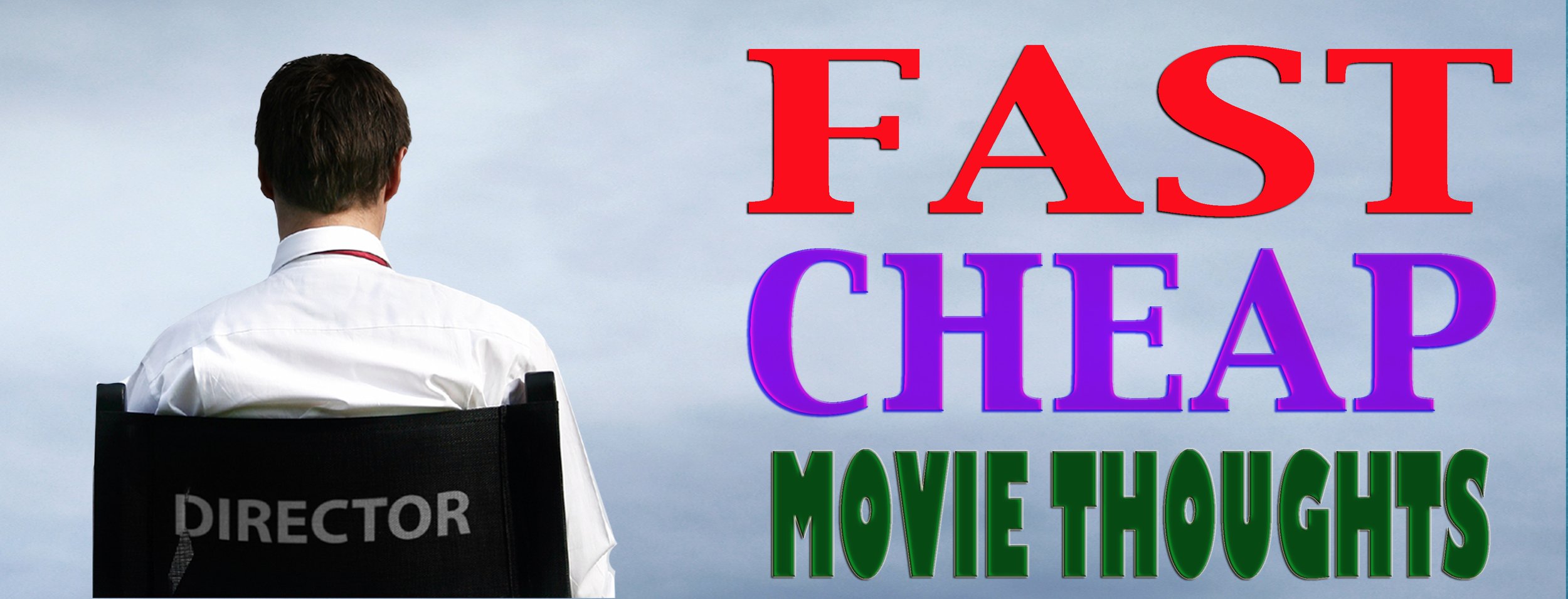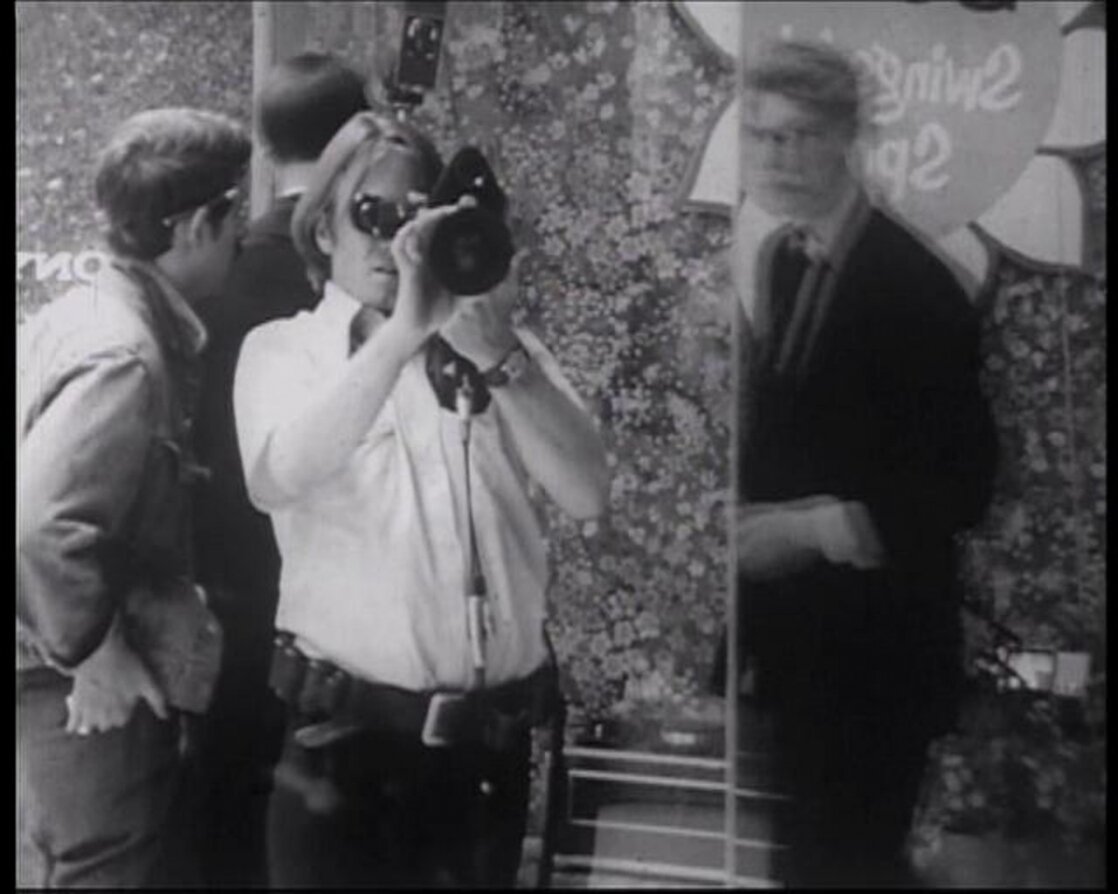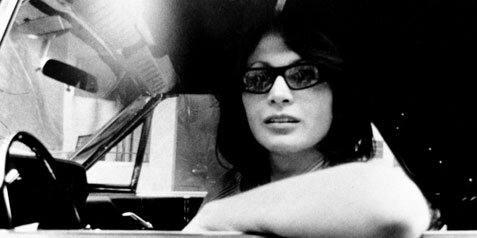Do you think David Holzman’s Diary was the first fake documentary?
JIM: There was a film by Stanton Kaye. It was just a year or two before mine. It was called Georg. It wasn't a very famous film. It was a guy, standing in front of the camera, and it was very political. I don't remember too much about it. He blew himself up at the end, in front of the camera.
What was your inspiration for David Holzman’s Diary?
JIM: It was a combination of things. Michael Powel's Peeping Tom had a big impression on me. I saw it when it was banned in the United States; maybe it was banned everywhere, I don't know. On my first visit to California, a guy I knew got a hold of a print of it and showed it at midnight at a movie theater that no longer exists here. I was just knocked out by it. The whole idea of self-examination.
Then, in addition to that, I was very interested in Cinema Verite. Kit Carson and I were going to write something for the Museum of Modern Art about Cinema Verite, and we interviewed all these filmmakers--like the Maysles brothers, Ricky Leacock, Pennebaker, even Andy Warhol--who were making films that purportedly were for the first time entering into real life and finding out the truth.
People were really passionate about this idea that you could find the truth with this new, light-weight equipment and faster film stocks and synch sound--all the stuff that was very new in the sixties. So at that time I was very passionately interested in all of that, and at the same time I felt there was something wrong here.
Did you set out with the goal of fooling the audience?
JIM: That certainly wasn't the idea. One wanted to make a movie that would be believable. Yes, on one level you wanted people to believe that it was real and to affected by it, but on the other hand, I didn't set out with the intention of fooling people. But just as with any film you make, you want people to suspend their disbelief, you want people to believe it.
I know that this film is an important film to a lot of people, and always, constantly surprised when people come up to me and say, 'I saw your film when I was in college.' My own experience with the film is that it's never had any kind of commercial release, it's never shown in theater. It really only has a life at film festivals and colleges. So I'm always surprised that more than seven people have seen it.
I know that at a lot of early showings people walked out, but I think that was more from being bored than being fooled.
I guess a lot of people did believe it, but I think the more common reaction is to be caught up in it as it's going along, and then maybe be surprised when you see the credits at the end, but then feel that, 'Oh, that makes sense. It was worth the trip that it took me on.'
What was the process for making the movie?
JIM: This was actually the second go-round. In 1966 I was working at a company that sold land in Florida. And it did it through films. I was serving an apprenticeship there, learning to shoot, learning to edit, stuff like that. I got this idea for what was later to become David Holzman's Diary, and they let me borrow their equipment on weekends.
We shot a bunch of stuff, all most all of it improvised--and not very well, I should add--and then as we were shooting, I got fired. So I packed it all up into a box and put it in the trunk of my car, and I went around looking for a cutting room that someone would lend me so I could put these pieces together. And when I finally did locate a cutting room a couple of weeks later, I went to the car and opened it up and discovered that someone had stolen the film.
In those days, 16mm was associated with porn, so my guess is that's why somebody took it. They must have been terribly disappointed. And I was terribly disappointed myself, but as time went by, I was kind of relieved, because it really sucked.
But somehow the experience of doing it made me realize how I should have done it differently.
Then, about a year later, I hooked up with these two guys, quite separately: Kit Carson and Michael Wadleigh, who was a cinematographer. It was actually Michael who encouraged me to try it again.
I had been working with him as a soundman; he was a Verite cameraman and we did a lot of work and went to some interesting places. He was a very talented cinematographer. He sort of organized it all in a way: We'd do a job during the week, and then we'd keep the equipment over the weekend and turn it in on Monday morning. But over the weekend we would shoot stuff for David Holzman's Diary. We used short ends from jobs we'd been working on, and we'd actually send the stuff through the lab with stuff from the companies we were working for. So really it didn't cost anything and we did it in a gradual way, accumulated footage.
For those parts of the film that took place in his apartment--we really did it all in one long weekend, I think--we spent several days beforehand with just a tape recorder in a room. I would give him a sense of what I wanted to have happen in a given scene, and then he would put it into his own words, and then we'd listen to the tape and I'd say 'I like this, I don't like that, change this.'
Later on in life we became collaborators on various screenplays, but this was our first collaboration.
It's a lot simpler when it's just one person talking into a microphone than two or three actors trying to do something dramatic together. It was very much controlled improvisation, and by the time we actually went to shoot the scene--although it wasn't written down--we all knew exactly what was going to happen. Because we didn't have a lot of film to fuck around with, so we had to get it on the first or second take. So it was pretty carefully rehearsed.
What’s the story behind the woman in the Thunderbird?
JIM: That pretty much happened, just as you see it on the screen, except that Kit choked and it was Michael Wadleigh who was asking most of the questions.
We never bothered to get a release from her, of course. I didn't have any equipment of my own, but I had a friend who had a movie projector, so we would often go over to his house to screen dailies, without sound.
A few weeks later, this friend who owned the projector called me up and said, 'I had this amazing experience last night. I met the woman, who was in your movie. I was walking along Broadway at two o'clock in the morning, and she pulled up in that Thunderbird and she threw open the passenger side door and patted on the seat. I recognized her and I hopped in.' So he went home with her and slept with her. And he said to me, 'I don't know if I slept with a man or a woman.'
Now cut to a couple years later than that, and we actually have a legitimate company that's interested in distributing the film. But, of course, they want releases on everything. So some guy from the company went out and found her and got a release from her. It turned out she was a transsexual who lived in the neighborhood, and she was happy to be on film and happy to sign a release.
Because we had no commercial ambitions for the film, we never worried about releases. So we felt quite comfortable filming on the streets. And I think some of the best material in the film, such as people sitting on benches and other kind of neighborhood stuff, that if we were making a film that we imaged would be released in theaters, we could never have shot that stuff, because there would be no way to get everybody's permission.
What was the best decision you made on the film?
JIM: It's hard to think of everything being intentional. Stuff kind of evolves. I guess having the idea was the best thing I ever did. The actual enacting of it I have to share blame or the credit with my collaborators, Michael and Kit. It really was a group effort in many ways.
I've actually written a script for a sequel to David Holzman's Diary, that I've been trying to raise money for. One of the producers was telling me recently that she felt there wasn't enough of David in the story. I was trying to take Pepe's advice and keep him off the screen. And she said, 'No, no, he's so charming, you have to get more of him on the screen.'
Dying to make a feature? Learn from the pros!
"We never put out an actual textbook for the Corman School of Filmmaking, but if we did, it would be Fast, Cheap and Under Control."
Roger Corman, Producer
★★★★★
It’s like taking a Master Class in moviemaking…all in one book!
Jonathan Demme: The value of cameos
John Sayles: Writing to your resources
Peter Bogdanovich: Long, continuous takes
John Cassavetes: Re-Shoots
Steven Soderbergh: Rehearsals
George Romero: Casting
Kevin Smith: Skipping film school
Jon Favreau: Creating an emotional connection
Richard Linklater: Poverty breeds creativity
David Lynch: Kill your darlings
Ron Howard: Pre-production planning
John Carpenter: Going low-tech
Robert Rodriguez: Sound thinking
And more!
Write Your Screenplay with the Help of Top Screenwriters!
It’s like taking a Master Class in screenwriting … all in one book!
Discover the pitfalls of writing to fit a budget from screenwriters who have successfully navigated these waters already. Learn from their mistakes and improve your script with their expert advice.
"I wish I'd read this book before I made Re-Animator."
Stuart Gordon, Director, Re-Animator, Castle Freak, From Beyond
John Gaspard has directed half a dozen low-budget features, as well as written for TV, movies, novels and the stage.
The book covers (among other topics):
Academy-Award Winner Dan Futterman (“Capote”) on writing real stories
Tom DiCillio (“Living In Oblivion”) on turning a short into a feature
Kasi Lemmons (“Eve’s Bayou”) on writing for a different time period
George Romero (“Martin”) on writing horror on a budget
Rebecca Miller (“Personal Velocity”) on adapting short stories
Stuart Gordon (“Re-Animator”) on adaptations
Academy-Award Nominee Whit Stillman (“Metropolitan”) on cheap ways to make it look expensive
Miranda July (“Me and You and Everyone We Know”) on making your writing spontaneous
Alex Cox (“Repo Man”) on scaling the script to meet a budget
Joan Micklin Silver (“Hester Street”) on writing history on a budget
Bob Clark (“Children Shouldn’t Play with Dead Things”) on mixing humor and horror
Amy Holden Jones (“Love Letters”) on writing romance on a budget
Henry Jaglom (“Venice/Venice”) on mixing improvisation with scripting
L.M. Kit Carson (“Paris, Texas”) on re-writing while shooting
Academy-Award Winner Kenneth Lonergan (“You Can Count on Me”) on script editing
Roger Nygard (“Suckers”) on mixing genres
This is the book for anyone who’s serious about writing a screenplay that can get produced!











